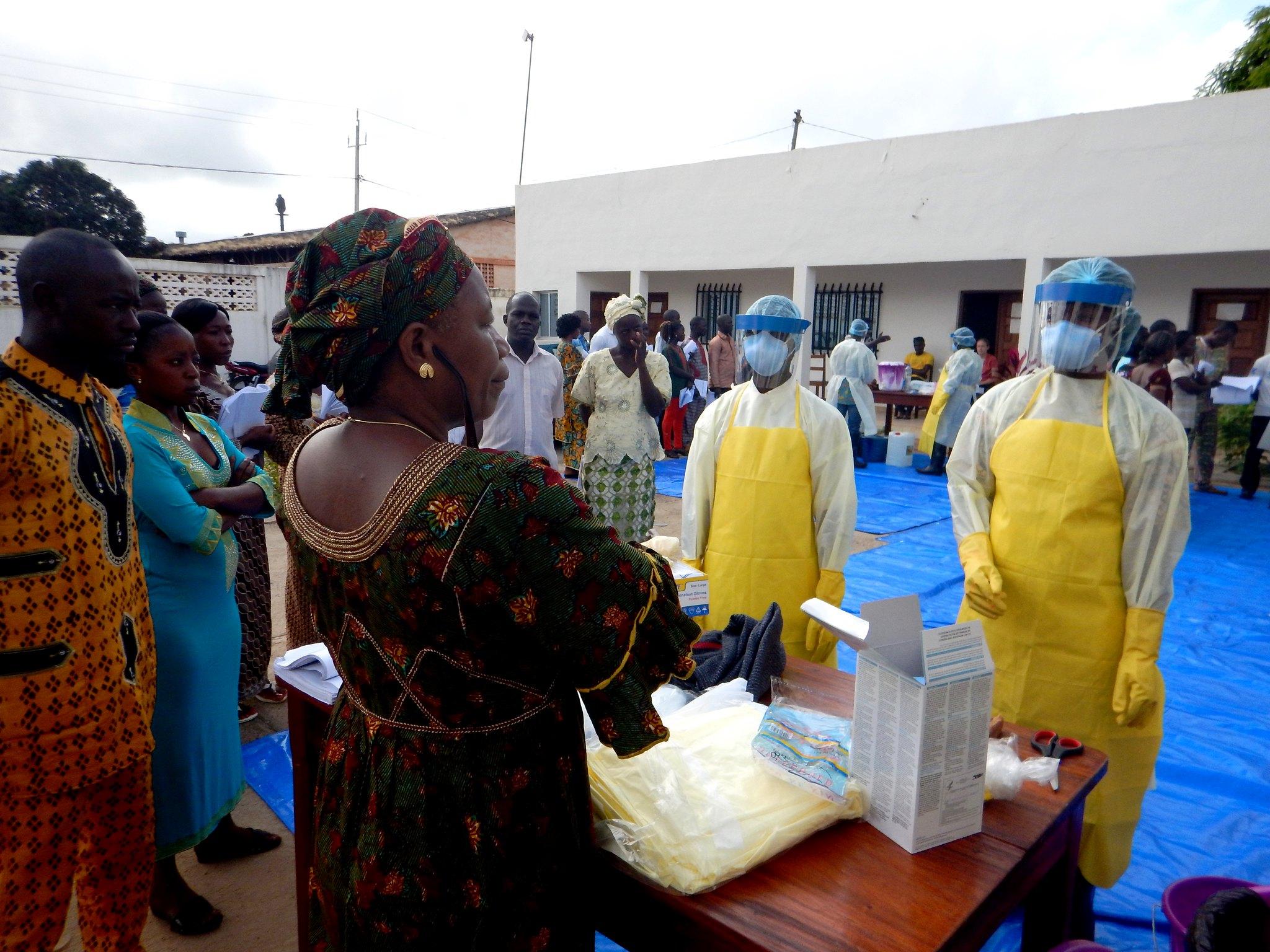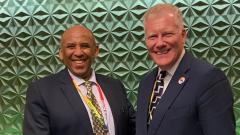- عربي
- 中文
- English
- Français
- Русский
- Español
United Nations to strengthen National Academies of Science in Western Africa
cdc_global_guinea.jpg

Conakry – Science, technology and innovation play a vital role in ensuring sustainable development in Western Africa, especially for low-income countries. In support of this, a two-day consultation on strengthening National Academies of Science in the region opens in Conakry, Guinea today.
The event, organized by the United Nations Technology Bank for Least Developed Countries, brings together policymakers, representatives of existing national academies of science, scientists and researchers to exchange experiences and identify pilot countries for the establishment and support of National Academies of Science.
The Consultation, held in partnership with The United Nations Economic Commission for Africa, The Network of African Science Academies and the Ministry of Higher Education and Scientific Research, Republic of Guinea, will outline a roadmap for capacity development and cooperation, regionally and nationally, to boost National Science Academies.
“National Academies of Science ensure that governments receive authoritative guidance on how science and technology can benefit a nation’s economy and society through devising policy, promoting partnership and encouraging interaction,” said Mr. Joshua Setipa, Managing Director of the United Nations Technology Bank for Least Developed Countries.
"It has been important for us to bring partners together in Conakry for these two days to listen to the experience of a range of stakeholders and to plan a way forward so that the world’s least developed countries can gain from the support of these institutions.”
A number of high-level speakers and participants are expected to participate. These included Hon. Mr. Abdoulaye Yéro Baldé, Minister of High Education and Scientific Research, Guinea, Mr. Georges Ki-Zerbo, UN Resident Coordinator Guinea a.i. and Mr. Joshua Setipa, Managing Director of the United Nations Technology Bank for Least Developed Countries. Throughout the two days, perspectives and experiences will be shared by representatives of National Academies in Benin, Burkina Faso, Guinea, Mali, Senegal, Togo, Central African Republic, Democratic Republic of Congo and Niger.
Download the press release (PDF)






